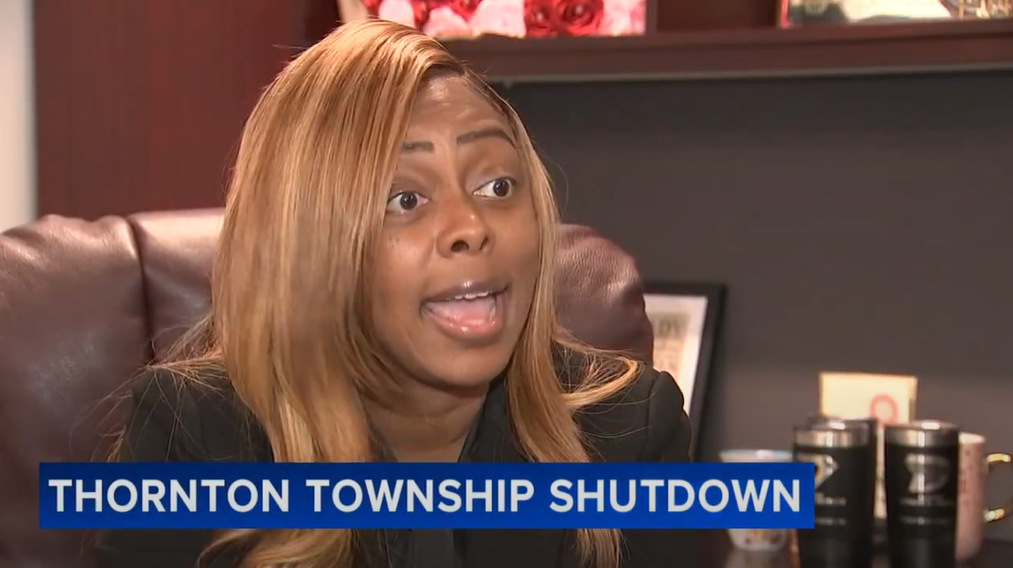
It took 14 failed votes, lots of concessions and days of being publicly humiliated by his colleagues, but early Saturday, Rep. Kevin McCarthy (R-Calif.) finally got what he wanted: He was elected House speaker.
McCarthy eked out a win on the 15th vote after agreeing to several demands by a small block of right-wing Republicans who had been opposing him. The most notable concession he made was to change the GOP’s House rules package ― the framework that lays out all the rules for running the House for the next two years ― to allow a single member to offer a motion to unseat him.
The final tally was 216 votes for McCarthy, 212 votes for Rep. Hakeem Jeffries (D-N.Y.) and six voting present.
For the first time in 15 rounds of votes, McCarthy didn’t draw any GOP opposition. The six who voted present were some of his strongest critics: Reps. Andy Biggs (Ariz.), Lauren Boebert (Colo.), Eli Crane (Ariz.), Matt Gaetz (Fla.), Bob Good (Va.) and Matt Rosendale (Mont.).
McCarthy’s victory came as a dramatic reversal after it looked like he had lost his bid and would have to regroup over the weekend. Gaetz, one of McCarthy’s main antagonists over the weeklong voting marathon, voted “present” on the 14th round, denying McCarthy his prize by one vote.
McCarthy and his supporters immediately descended on Gaetz as the outcome became clear and pleaded with him to change his vote. It got so tense that one McCarthy supporter, Rep. Mike Rogers (R-Ala.), had to be physically restrained by another lawmaker from getting to Gaetz.
After McCarthy’s failed vote, his allies immediately moved to adjourn until Monday. But as the vote to adjourn was underway, Gaetz reportedly took a call from former President Donald Trump urging him to clear the path for McCarthy. Trump also reportedly called another Biggs and urged him to do the same.
Trump’s calls appeared to do the trick. McCarthy’s allies got wind that his opponents were now prepared to vote “present” instead of “no,” and quickly began switching their votes to keep the House in session. They moved on to the 15th vote to install McCarthy as speaker and succeeded.
McCarthy had already won over most of his detractors earlier Friday by giving them a package of parliamentary and preferential committee seating changes that led many to vote for him for the first time. Some of these changes would give lawmakers more time to review legislation and make it easier to offer amendments.
The California Republican’s rocky path to the speakership was largely due to House Republicans underperforming in November’s midterm elections. His party recaptured the House, which was expected, but didn’t get nearly as many seats as anticipated. McCarthy only had four votes to spare in his leadership bid, which empowered the right-wing flank of his party to press for their demands in exchange for their support.
McCarthy’s victory on the 15th ballot gives him the distinction of needing the most speaker election tallies since before the Civil War, when New Jersey’s William Pennington required 44 votes to take the gavel in 1860.



























































